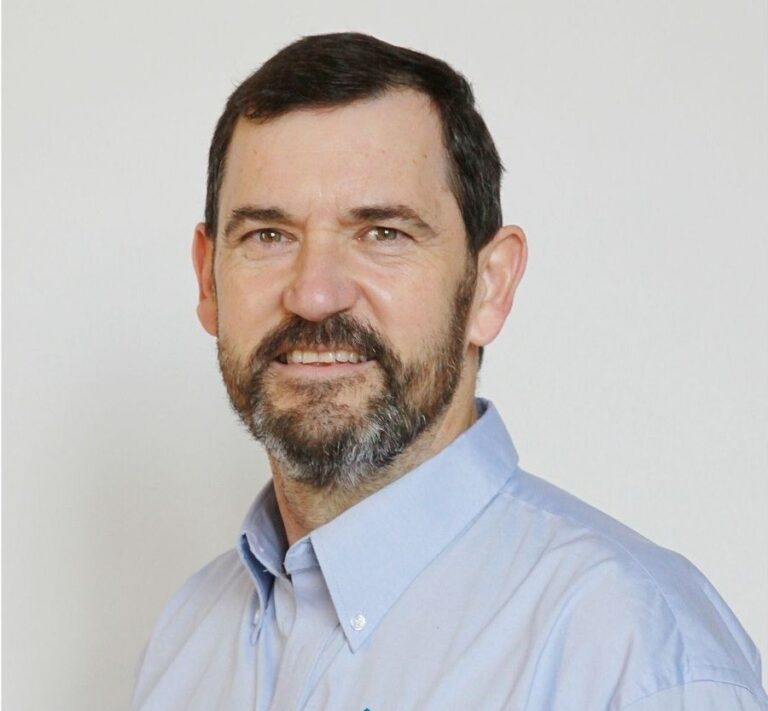Hatchery managers are being encouraged to carry out regular hygiene audits to support their biosecurity protocols, and ensure external challenges such as bacterial pathogens and avian influenza are unable to gain a foothold inside their hatchery.
Rob Hallewell, hatchery hygiene expert at Kersia UK, said hatcheries present unique hygiene challenges compared to other farm settings, operating more like food factories which require significantly higher cleanliness standards.
“Hatcheries operate on a unique principle where you start with a relatively clean product – the egg – which then hatches and produces all the waste that comes with a living, breathing animal,” he said.
“This is why the focus on cleanliness is so critical, particularly in areas like transfer, hatching, and processing.”
He said regular hygiene audits are essential for maintaining effective pathogen control and biosecurity in these settings.
“This includes checking the quality of cleaning in areas that have already been cleaned, conducting microbiological testing through total viable count (TVC) swabbing in both clean and dirty areas, and verifying that products are being applied at the correct strength through titration checks,” said Hallewell.
With heightened AI concerns, hatcheries in affected areas are implementing more stringent disinfection protocols.
“When a hatchery is located in an AI zone, they must demonstrate that they meet certain standards of biosecurity set out by Defra and APHA so they can continue to operate. As part of this designation process, disinfectants will be increased to a general orders rate for application,” Hallewell said.
“These are higher than standard rates and are specified by Defra, who also independently test our disinfectants for efficacy.”
Basic biosecurity measures recommended for all hatcheries include control of vehicle and personnel movements onto site, disinfectant application to wheels and footwear at all points of entry, good door discipline, segregated clothing, and hand washing protocols. It’s also important to have a robust hygiene regime including ‘clean as you go’ protocols, and to understand egg flow and airflow to prevent cross-contamination.
Hallewell said a manager’s approach to cleaning is fundamental to successful disinfection and pathogen control.
As such, he advises against aggressive cleaning methods that can damage surfaces and provide additional harbourage for microorganisms. Understanding the nature of the debris and applying the correct hygiene products with the appropriate equipment will deliver the best results.
“It’s about cleaning sensibly rather than destructively, then applying appropriate disinfectants at the correct concentrations,” he said.
Hallewell acknowledges that aging fabrication presents a significant challenge for many hatcheries, with some older facilities creating pathogen hot spots, which can make cleaning challenging.
He says working with a partner who can support with specialist technical advice is key.
“Our team conducts regular hygiene audits at our customers’ request, checking cleaning quality, conducting microbiological testing, verifying product application, and identifying potential issues with fabrication or pest control.
“A well-trained team is the most important link in this chain. As such we deliver hygiene training that can be tailored to each hatchery’s requirements” added Hallewell.
“Regular reviews of hatchery hygiene protocols with a specialist will ensure the highest standards of biosecurity are maintained during any high-risk period.”


